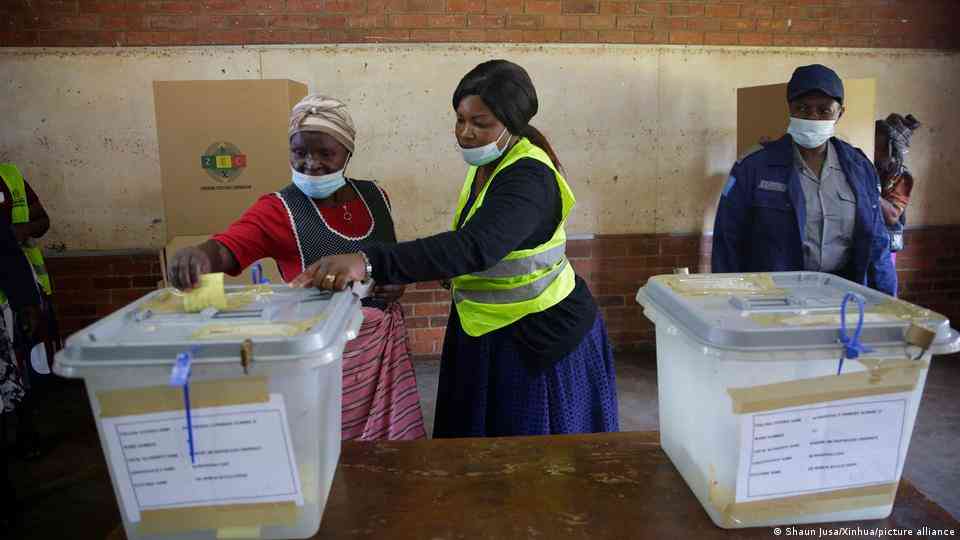
THE names of Presidential and parliamentary candidates that will stand in the August 23 elections were gazetted yesterday.
The Extraordinary Government Gazette published yesterday showed an 11-man list headlined by incumbent, President Emmerson Mnangagwa of Zanu PF and his closest challenger, Nelson Chamisa of the Citizens Coalition for Change.
Others are Joseph Busha of the FreeZim Congress, Trust Chikohora, Blessing Kasiyamhuru, Saviour Kasukuwere, Lovemore Madhuku, Wilbert Archbald Mubaiwa, Henry Muzorewa, Douglas Mwonzora and Harry Peter Wilson.
The list also contains names of candidates for the senate, national house of assembly and local authorities.
Meanwhile, the European Union (EU) says it will start deploying its election observer mission to Zimbabwe next week, ahead of August elections.
Fabio Castaldo, a Member of the European Parliament, will head the EU mission, according to a statement Friday by the EU.
“On the basis of an impartial and objective assessment of the election process, we hope to continue working with the Zimbabwean authorities after the elections to encourage the implementation of the observation mission’s recommendations,” Castaldo said.
Says the EU: “With the service provider of the EOM (election observer mission) arriving in Harare the first week of July, the Core Team of the EU EOM will consist of 11 election experts that will arrive in Zimbabwe shortly after. Towards the end of July, 46 long-term observers will join the mission and are to be deployed across the country to follow the electoral campaign. Forty-four short-term observers are also foreseen to be deployed closer to election day.”
- RG's Office frustrating urban voters: CCC
- Fast-track delimitation, Zec urged
- 'Political parties must not be registered'
- Zec to address nomination fees outcry
Keep Reading
The Zimbabwe Electoral Commission started taking applications for observer accreditation on June 1.
The EU observed Zimbabwe’s 2018 election, the first time it had done so since Zimbabwe expelled the head of the bloc’s electoral mission ahead of the 2002 presidential election.
Soon after that incident, the EU cut 128m euros in aid and imposed sanctions, which it has since gradually removed over recent years.
In its report on the 2018 election, the EU said voter intimidation and a lack of confidence in the electoral process had undermined the poll, despite what it called an “improved climate” compared to previous campaigns.
In 2022, the EU said there had been “slow and limited progress in the implementation of the recommendations” that it had made after observing the 2018 election.
— Additional reporting by newZWire











